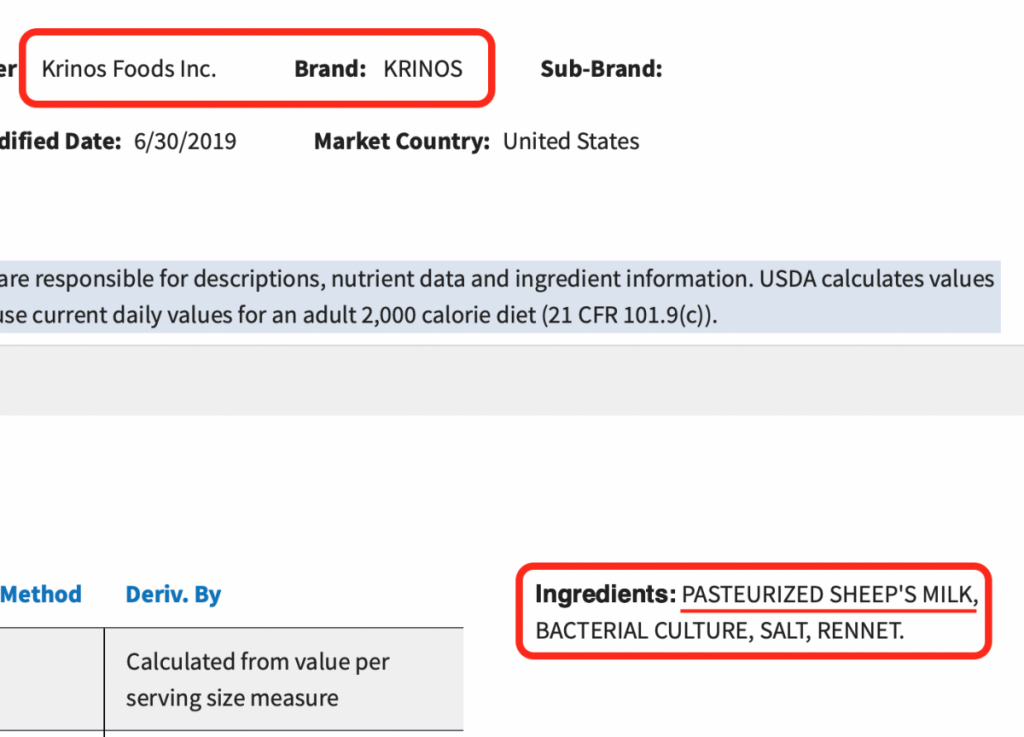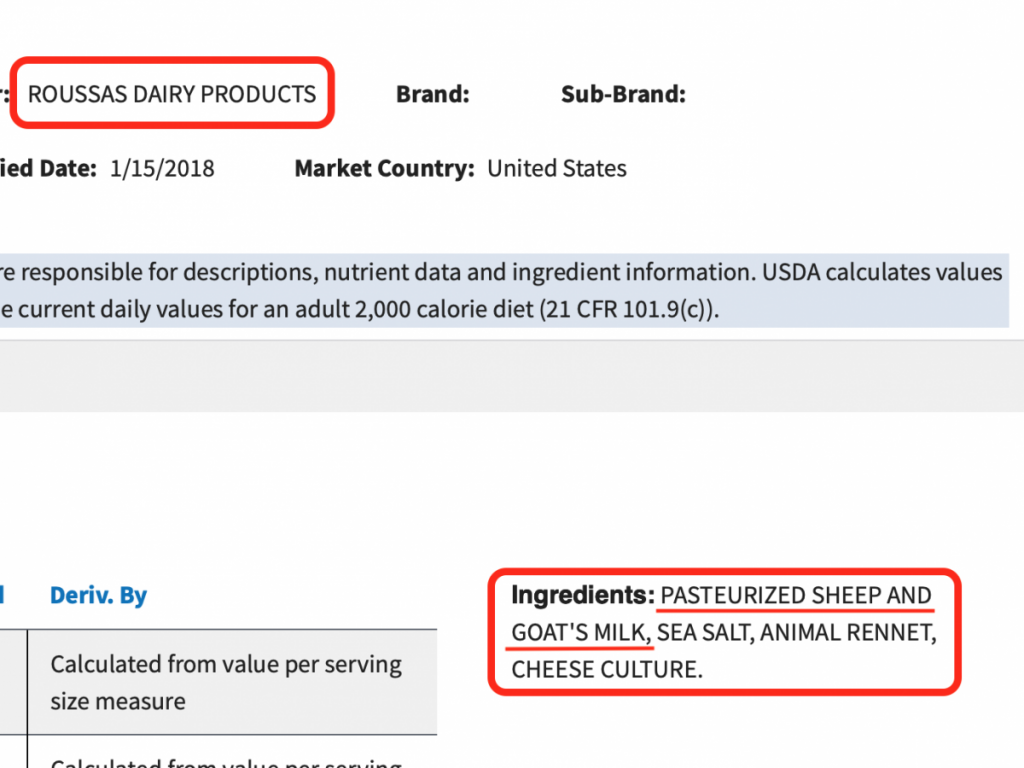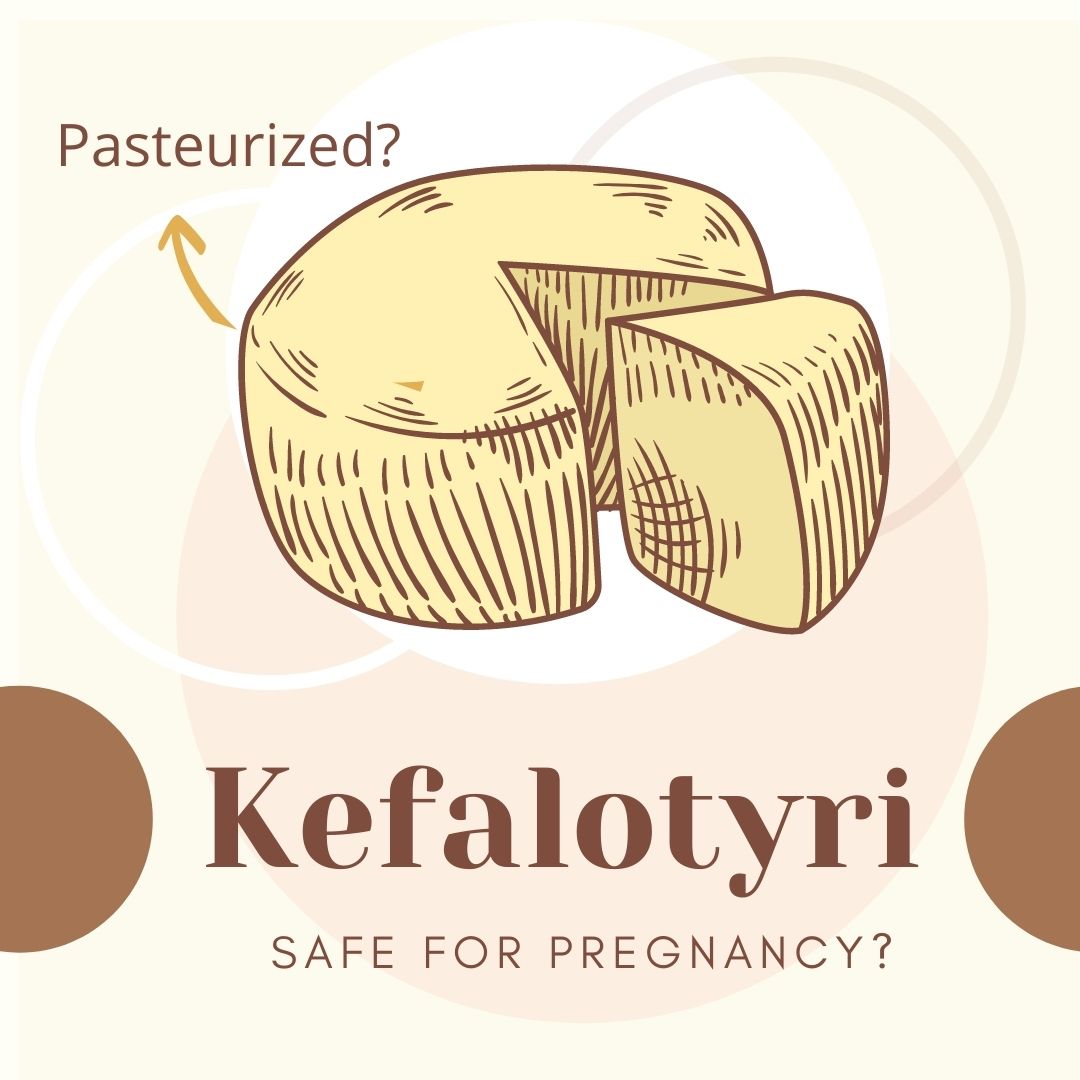Last Updated on November 5, 2022 by Aaron
Pregnant women often have to make a difficult choice when it comes to dairy products, namely whether or not they are safe for consumption. Kefalotyri cheese is one of those foods that can be confusing.
In this article, we’ll discuss the safety of kefalotyri cheese, pasteurized or not, and pregnancy.
Kefalotyri cheese is a type of hard cheese that is made from sheep and goat milk. It is popular in Greece and has a strong flavor.
Table of Contents
Safe for pregnant women?
Kefalotyri is generally safe for pregnant women to eat, as it is either using pasteurized milk or has to be aged for at least 60 days (at not less than 35 F) to be sold in the United States. However, according to FDA’s guidelines:
In the past, the use of unpasteurized milk was justified on the belief that the curing process inactivated all pathogens. However, some pathogenic bacteria such as Listeria may not always be inactivated.
U.S. Food & Drug Administration
In other words, there is still a risk for pregnant women to get listeriosis if they eat kefalotyri that is not made from pasteurized milk. There is a study I cited in this feta pasteurization article (scroll/swipe to bottom part) that demonstrated Listeria survived for 90 days even in high acidity.
The Safe Brands of Kefalotyri
If you are unsure about the source of your kefalotyri cheese, it is best to avoid eating it altogether. Kefalotyri can be found at some grocery stores or farmer’s markets, but if you are looking for a safer option in the United States, here are 2 brands of Kefalotyri with pasteurized milk that have been listed in USDA FoodData Central (1, 2) by Krinos and Roussas Dairy Products.
I took screenshots from the pages:


If You Accidentally Ate an Unpasteurized Kefalotyri
If you are not sure about the kefalotyri cheese you ate, here is what you can do.
If symptoms develop, see your doctor and tell them about the possible exposure to Listeria. It often shows no symptoms or mild symptoms, such as high fever, feeling sick, chills, and diarrhea.
There is no need to panic. Listeriosis is a serious infection, but it is also rare. Symptoms usually occur within several weeks after exposure, but can take up to 70 days.

